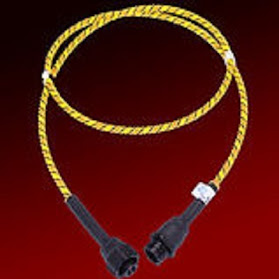Water and Oil Leakage Detection
Water is the world's most profitable asset; therefore, attempts to ration it are of the utmost importance. New in waterways, streams, rivulets, lakes, supplies, and underground is critical to our survival. As the world's population grows, so does the need for water products. There are several explanations why water is squandered ineffectively, such as channel overflowing, water streaming in toilets, open showers in bathrooms, and so on.
There are several techniques that may be used to prevent spillage or detect a breach. First and foremost, we must build a water leak detecting system. Some of the most recent innovations include 24-hour data logging, pipeline weight testing, a water leak detection system, and so on. The major goal of this system is to detect the weight of new pressure-driven channels installed in areas where water spill is most likely to persist. Water sensing Cable is greatest protection against downtime due to water leaks and floods for big regions or perimeter monitoring! With these cables as part of your water leak detection system, you can achieve extended-range performance in some situations.
While we are talking about leak detection systems, don’t forget about oil leakage. Soil pollution from underground oil tanks indicates the presence of petroleum hydrocarbons, insecticides, solvents, lead, and a variety of other heavy metals in the soil. The older the oil tanks, the more harmful they are to the environment and humans. Oil Leakage Detection service providers use metal detectors and other equipment to detect the tanks and remove them without causing damage to the neighbor's property. Today, there is a substantial increase in consumer interest in alarm notification, with more customers comprehending real-time system failure awareness. One of the greatest ways to learn everything about monitoring systems is to conduct research online to choose which one is ideal for your house or company.



.jpg)
Comments
Post a Comment